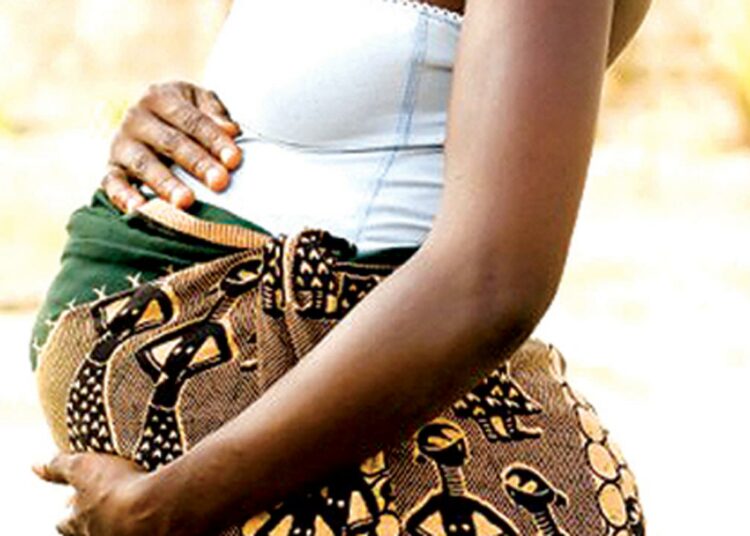A non-governmental organisation (NGO), Breakthrough Action-Nigeria, has asserted that only 30 percent of the 7,000 to 8,000 pregnant women that present themselves annually for antenatal services have access to malaria preventive drugs.
This was disclosed at a symposium the NGO organised in Makurdi, the Benue State capital to strategise on ways to nib in the bud child and maternal mortality caused by malaria complications through the use of Sulphadoxine Pyrimethamine (SP).
In an interview with LEADERSHIP, the state malaria elimination programme officer, Dr Kuma Gbanan, lamented that of the 7,000 to 8,000 pregnant women in the state attending antenatal service, only 30 percent get malaria preventive drugs.
He said the low intake of SP by expecting mothers has posed a serious threat to mothers and their babies, even as he decried that malaria in pregnancy can cause anemia, pre-term labour for the mother and intrauterine growth restriction for the baby, and even death in severe cases.
In the extreme of cases, Gbanan explained that malaria in pregnancy can caused maternal mortality, so one of the major preventive strategies is the use of SP, adding that this intervention usually starts during the first fetus moment a mother feels, that is when they are expected to have the first dose of the drug to prevent malaria.
“Expecting mothers are expected to be taking these drugs on a monthly basis as a directly observed therapy, obtainable in the case of tuberculosis, so our meeting here is to sensitise stakeholders on the need to mobilize resources to save expecting mothers and their babies,” he said.
Earlier, in an interview the state coordinator of Breakthrough Action- Nigeria, Dr Victor Onah stated that the idea of the symposium is to bring key stakeholders together to mobilise resources for the procurement of SP for onward donation to all the community health facilities in the 276 council wards across the state for intermittent prevention of malaria in pregnant women.
He said, “We don’t need money from any stakeholder what we want is how we can procure this drugs and donate it to facilities, so that all expecting mothers can start taking them as they go for antenatal and this drugs caused N2400 per each pregnant woman and they are expected to take it for the pregnancy life span.”
While commending all the stakeholders in the fight against malaria in the state for a significant reduction from 23 per cent to 13, Onah said the sensitisation of the stakeholders for the procurement of SP drugs for donation to health facilities has become necessary following the wide gap created by the withdrawal of funding from the donor agencies.











